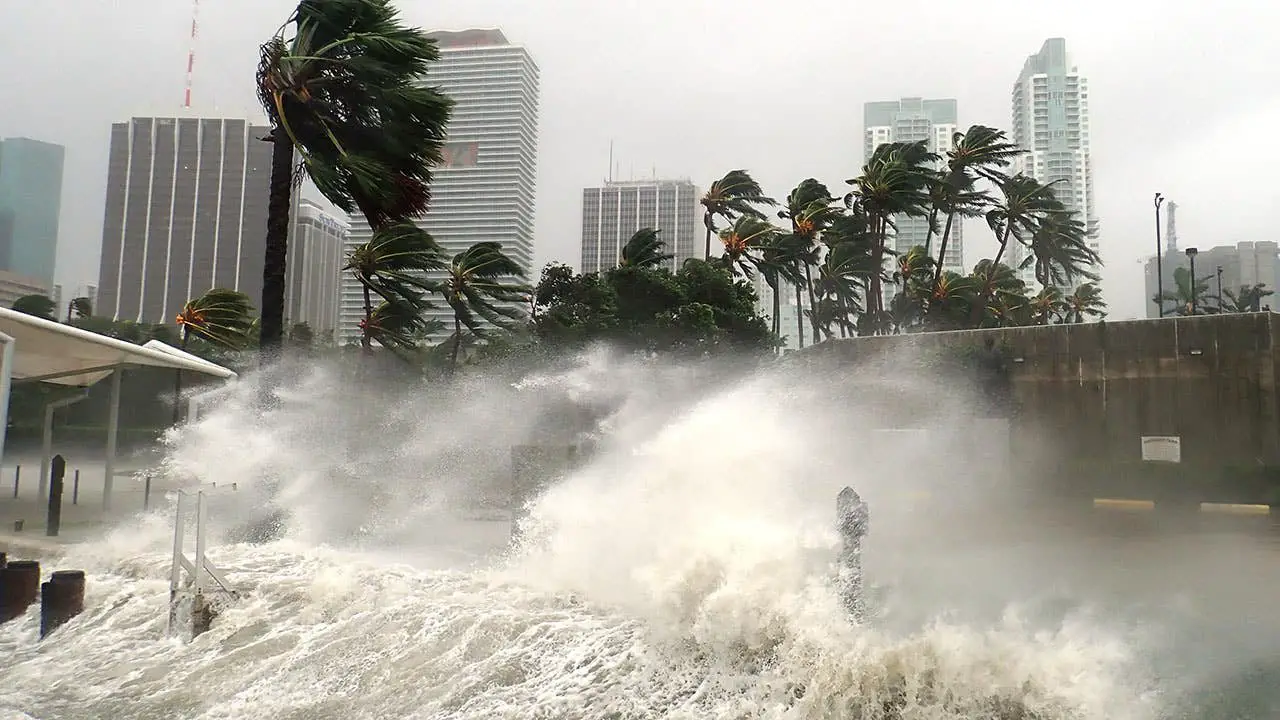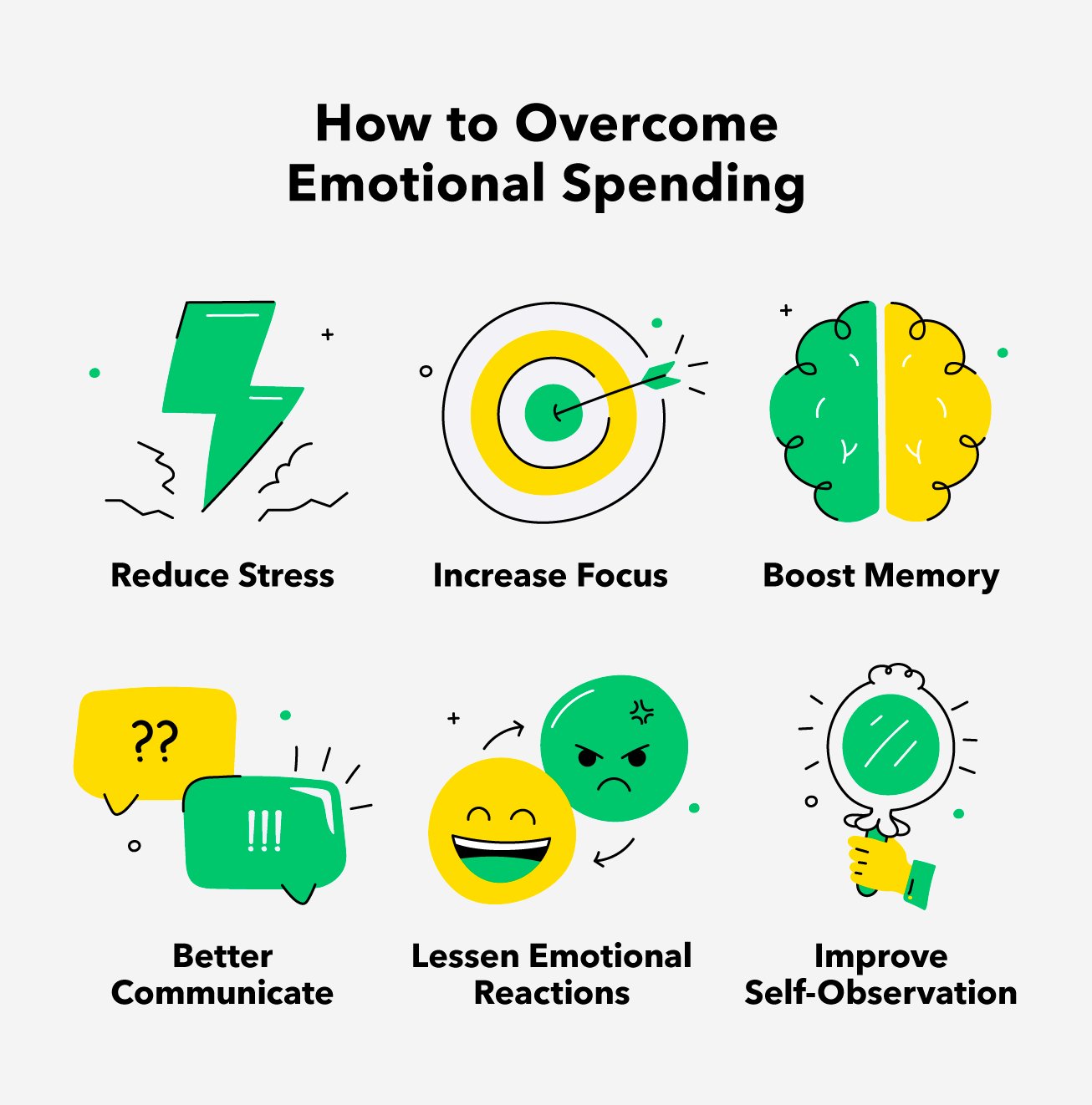Natural disasters can strike at any moment, leaving behind a trail of destruction and chaos. From hurricanes and earthquakes to wildfires and floods, these unpredictable events can leave individuals and communities reeling in their aftermath. But amidst the devastation, there is one aspect that often gets overlooked: the financial impact. How to financially prepare for a natural disaster becomes a pressing question, as it can be the key to bouncing back and rebuilding lives. In this article, we will explore effective strategies and practical steps that can help you navigate the financial challenges that arise during and after a natural disaster. So, let’s dive in and learn how to financially prepare for a natural disaster.
How to Financially Prepare for a Natural Disaster
Natural disasters can strike at any time, leaving destruction and financial hardship in their wake. From hurricanes and floods to earthquakes and wildfires, these events can cause extensive damage to property and disrupt lives. While we cannot always prevent natural disasters from occurring, we can take steps to financially prepare ourselves and minimize the impact. In this comprehensive guide, we will explore various strategies and considerations for effectively managing your finances and safeguarding your economic well-being in the face of a natural disaster.
1. Build an Emergency Fund
In times of crisis, having a financial safety net can make a world of difference. An emergency fund is a dedicated savings account specifically earmarked for unexpected situations, such as natural disasters. Here are some key points to consider when building your emergency fund:
- Set a realistic savings goal: Aim to save at least three to six months’ worth of living expenses. This will provide a buffer to cover immediate needs, such as housing, food, and medical expenses.
- Create a budget: Assess your income and expenses to determine how much you can comfortably set aside each month. Look for areas where you can cut back on non-essential spending to accelerate your savings.
- Automate savings: Treat your emergency fund as a priority by setting up an automatic transfer from your regular account to your emergency fund. This way, you won’t forget or be tempted to skip saving.
- Keep it easily accessible: While it’s important to save for emergencies, remember to keep the funds in an account that offers easy access. Consider a high-yield savings account that allows you to earn some interest while still providing quick access to your money.
2. Review and Update Your Insurance Coverage
Insurance is a critical component of financial preparedness for natural disasters. However, it’s essential to regularly review and update your coverage to ensure it adequately protects your assets. Consider the following:
a. Homeowner’s or Renter’s Insurance
- Check your policy limits: Ensure your coverage limits are sufficient to rebuild or replace your property and belongings in the event of a disaster.
- Understand your deductible: Review your policy’s deductible to know how much you would need to pay out of pocket before insurance kicks in. Make sure it aligns with your financial capabilities.
- Consider additional coverage: Evaluate the need for additional riders or endorsements that offer specific protection for certain types of disasters, such as flood insurance or earthquake insurance.
b. Auto Insurance
- Comprehensive coverage: Verify that your auto insurance policy includes comprehensive coverage, which protects against damage caused by natural disasters like hailstorms or falling trees.
- Assess coverage limits: If your vehicle is particularly valuable, make sure your coverage limits are sufficient to replace it if it gets destroyed during a disaster.
c. Life and Health Insurance
- Review your policies: Take the time to review your life and health insurance policies, ensuring they offer adequate coverage and protection for you and your loved ones.
- Consider disability insurance: In the event of a natural disaster that causes injury or disability, having disability insurance can help replace lost income and cover medical expenses.
3. Document Your Belongings and Important Documents
In the aftermath of a natural disaster, it can be challenging to remember everything you owned or locate important documents. By creating a thorough inventory and storing essential documents securely, you can simplify the claims process and ensure a smoother recovery. Here’s what you can do:
- Create a home inventory: Walk through your home and document your belongings using photos, videos, or a detailed written list. Include serial numbers, purchase dates, and estimated values.
- Store copies off-site: Keep copies of important documents, such as identification papers, insurance policies, and financial records, in a secure location outside your home, such as a safe deposit box or cloud storage.
- Update your inventory regularly: As you acquire new possessions or make significant changes, make sure to update your home inventory accordingly. This will ensure the accuracy of your insurance coverage.
4. Minimize Debt and Review Financial Obligations
During and after a natural disaster, financial stability becomes even more crucial. Taking steps to minimize debt and review your financial obligations can provide peace of mind and flexibility in challenging times. Consider the following:
- Pay down high-interest debt: Prioritize paying off high-interest debts like credit card balances or personal loans. This will reduce your financial burden and provide more discretionary income during emergencies.
- Review loan terms and conditions: Familiarize yourself with the terms of your mortgage, auto loans, and other financial obligations. Understand any potential implications or relief measures available in the event of a disaster.
- Communicate with creditors: If you anticipate difficulty in meeting your financial obligations due to a natural disaster, reach out to your creditors. Many lenders offer temporary hardship programs or flexible repayment options in times of crisis.
5. Explore Disaster Assistance Programs
In times of significant natural disasters, various government and community organizations offer assistance programs to affected individuals and businesses. It’s essential to be aware of these resources and understand the eligibility criteria. Here are some avenues to explore:
- Federal Emergency Management Agency (FEMA): FEMA provides financial assistance and support to individuals and communities affected by disasters. Visit their website and familiarize yourself with the available programs and application processes.
- State and local programs: Research state and local government resources specific to your area. These programs may offer financial aid, grants, or low-interest loans to help individuals and businesses recover from natural disasters.
- Non-profit organizations: Many non-profit organizations and charities provide disaster relief and financial support during and after natural disasters. Stay informed about reputable organizations that can offer assistance in your time of need.
Preparing for a natural disaster goes beyond physical safety and extends into financial readiness. By building an emergency fund, reviewing insurance coverage, documenting your belongings, minimizing debt, and exploring available assistance programs, you can significantly enhance your financial preparedness. Remember, it’s crucial to regularly review and update your financial plan to adapt to changing circumstances and ensure optimal protection. With the right strategies in place, you can face the uncertainty of natural disasters with greater confidence and resilience.
How to prepare financially for a natural disaster
Frequently Asked Questions
Frequently Asked Questions (FAQs)
1. How can I financially prepare for a natural disaster?
Developing an emergency fund is crucial for financial preparedness in case of a natural disaster. Ensure you set aside a certain amount of money regularly, ideally three to six months’ worth of living expenses.
2. What insurance coverage should I consider to financially protect myself?
To financially protect yourself, it is essential to have comprehensive home insurance that covers natural disasters such as earthquakes, floods, hurricanes, or wildfires. Additionally, consider obtaining additional coverage for valuable possessions or acquiring specific disaster insurance policies.
3. Should I create a household inventory?
Yes, creating a detailed household inventory is highly recommended. Documenting your belongings with photographs or video footage can assist with insurance claims and ensure you receive adequate compensation in case of losses during a natural disaster.
4. How can I protect important documents and records?
Safeguard your important documents by storing physical copies in a secure, fireproof container. Additionally, make digital copies and store them securely in password-protected cloud storage or an external hard drive.
5. Is it necessary to have an emergency evacuation plan?
Yes, having an emergency evacuation plan is crucial. Identify evacuation routes, designate meeting points, and ensure all household members are aware of the procedures in case of a natural disaster. Practice the plan regularly to ensure everyone knows what to do.
6. Are there any government assistance programs available for disaster relief?
Yes, in many cases, governments provide disaster assistance programs to aid individuals and households affected by natural disasters. Research and familiarize yourself with these programs and their eligibility criteria in advance.
7. How can I protect my financial records and important data?
Consider backing up your financial records and important data digitally. Use secure online platforms or external hard drives to store backups. Regularly update your backups to ensure you have the latest information saved.
8. Should I consider investing in a generator?
Having a generator can be beneficial during a natural disaster, especially if power outages are common in your area. However, evaluate your needs and budget before making a decision. Ensure you understand the maintenance requirements and safety precautions associated with generators.
Final Thoughts
In conclusion, preparing financially for a natural disaster is crucial to ensure stability and minimize the impact on your livelihood. Start by creating an emergency fund, accumulating at least three to six months’ worth of living expenses. Review your insurance policies regularly to ensure adequate coverage for potential damage and loss. Develop a comprehensive disaster plan that includes evacuation routes, communication strategies, and a list of essential documents. Consider setting up a separate savings account specifically designated for emergency expenses. By taking these proactive steps, you can safeguard your finances and be better prepared to navigate the financial aftermath of a natural disaster. Remember: how to financially prepare for a natural disaster is a vital consideration for every individual and family.



